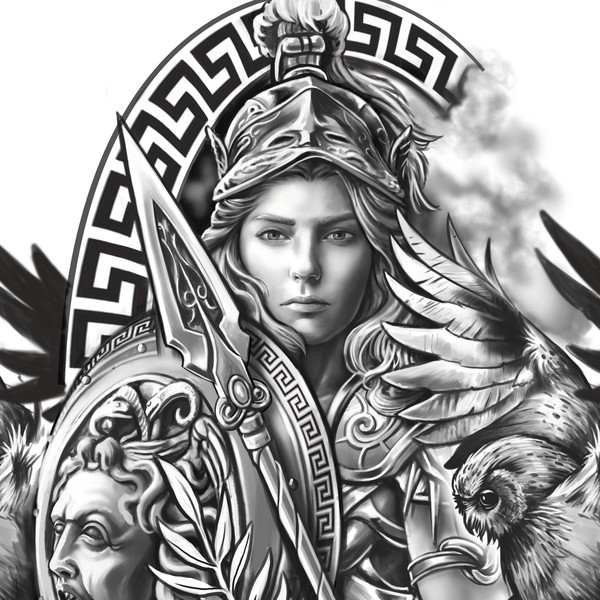

Healthcare provider time should not be undervalued and iScribe helps to maximize efficiency and productivity unlike any other solution available today. iScribe’s modern mobile user experience allows the clinical documentation to be completed at the point of care without taking away from the provider / patient experience. Physicians can complete their encounter without having to wait until the end of the day or after office hours and there is no waiting for pending transcription. IScribe reduces the time that healthcare providers typically spend in the EHR allowing more time to take care of patients. iScribe users have saved $15,000 - $25,000 per provider per year in reduced transcription costs. By using the real-time speech-to-text feature, transcription costs can be eliminated. Users can dictate directly into the appropriate sections (CC, HPI, ROS, PE, A/P) on the mobile device and save their documentation immediately into their EHR. With iScribe’s real-time speech-to-text dictation feature, users can visually see the dictated text directly on the screen as they are speaking. We leverage industry leading speech-to-text technology to increase provider efficiency and productivity while eliminating expensive transcription costs. IScribe is an easy-to-use app that gives providers anytime/anywhere access via iPhone, iPad, or Mac to view and enter clinical information for patients. The three lines of this story which remain describe Athenas birth from the head of Zeus. To learn more, see the privacy policy.IScribe cures physician burnout and allows physicians to focus on caring for patients rather than the computer screen. Athena is the goddess of handicraft, wisdom, and warfare. In ancient Greek mythology, they often associated her with both warfare and wisdom as well as. iScribe was designed with the user in mind, letting providers take advantage of their EHR. Athena is a Greek goddess known as both Pallas and Athene. Who does Telemachos think Odysseus is when Athena removes his disguise A Teachers Guide to the Signet. Please note that Describing Words uses third party scripts (such as Google Analytics and advertisements) which use cookies. Athena was the daughter of Zeus produced without a mother. iScribe is a mobile EHR app that integrates directly with Athena. Describe Athenas changes to Odysseuss appearance. Special thanks to the contributors of the open-source mongodb which was used in this project.

As you'd expect, you can click the "Sort By Usage Frequency" button to adjectives by their usage frequency for that noun. The "uniqueness" sorting is default, and thanks to my Complicated Algorithm™, it orders them by the adjectives' uniqueness to that particular noun relative to other nouns (it's actually pretty simple). You can hover over an item for a second and the frequency score should pop up.

The blueness of the results represents their relative frequency. If anyone wants to do further research into this, let me know and I can give you a lot more data (for example, there are about 25000 different entries for "woman" - too many to show here). In fact, "beautiful" is possibly the most widely used adjective for women in all of the world's literature, which is quite in line with the general unidimensional representation of women in many other media forms. The most important were: Pallas (because she killed the Titan Palla during. On an inital quick analysis it seems that authors of fiction are at least 4x more likely to describe women (as opposed to men) with beauty-related terms (regarding their weight, features and general attractiveness). What are words to describe the goddess Athena Athena had a lot of descriptions. Hopefully it's more than just a novelty and some people will actually find it useful for their writing and brainstorming, but one neat little thing to try is to compare two nouns which are similar, but different in some significant way - for example, gender is interesting: " woman" versus " man" and " boy" versus " girl". The parser simply looks through each book and pulls out the various descriptions of nouns. Project Gutenberg was the initial corpus, but the parser got greedier and greedier and I ended up feeding it somewhere around 100 gigabytes of text files - mostly fiction, including many contemporary works. Eventually I realised that there's a much better way of doing this: parse books! While playing around with word vectors and the " HasProperty" API of conceptnet, I had a bit of fun trying to get the adjectives which commonly describe a word. The idea for the Describing Words engine came when I was building the engine for Related Words (it's like a thesaurus, but gives you a much broader set of related words, rather than just synonyms).


 0 kommentar(er)
0 kommentar(er)
